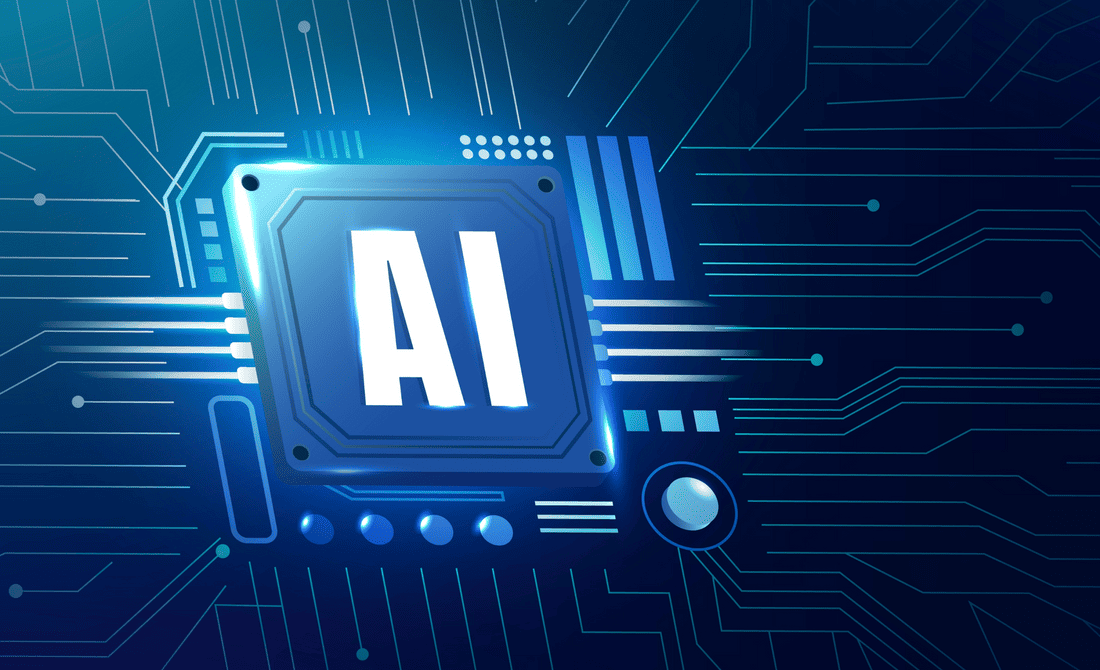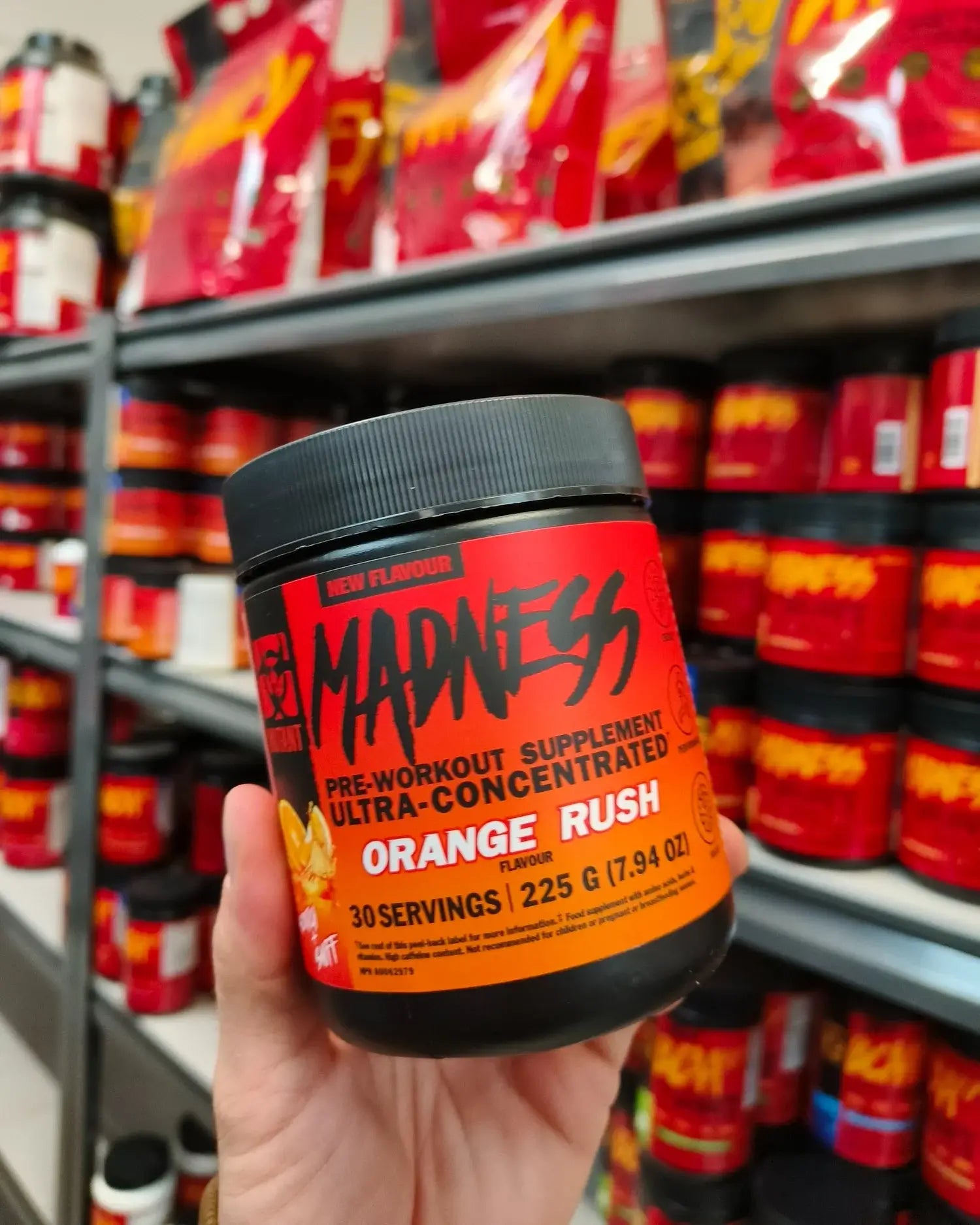Generative AI: The Future of Marketing in 2025
Generative AI
marketing

In a world where technology is constantly evolving at a lightning fast speed, ecommerce stores are constantly looking for ways to improve their marketing strategies.
This is where the role of generative AI comes in - a game-changing tool that is reshaping the future of marketing.
In 2025, this AI technology is expected to revolutionize the ecommerce industry changing ways in which brands create, distribute, and measure their marketing efforts.
This article will take you through everything you need to know about generative AI and how it will be at the forefront of marketing in 2025.
Table of content
- What Is Generative AI?
- Why Generative AI is Critical for Marketing in 2025?
- Frequently Asked Questions
What Is Generative AI?
At its core, generative AI describes models and algorithms that can generate content from input data, including text, pictures, music, and even videos.
In contrast to conventional AI, which primarily concentrates on data analysis and interpretation, generative AI goes one step further by creating unique, original content.
This makes it incredibly powerful for marketing - assisting in everything including content creation, customer interaction and personalized campaigns.
Generative AI includes popular technologies such as GPT (Generative Pre-trained Transformer), DALL·E, and deep learning models that can generate images, videos, and sounds. In 2025, these technologies will not only assist marketers but will also serve as primary drivers for innovation and customer engagement.
Why Generative AI is Critical for Marketing in 2025?
Generative AI is poised to be a cornerstone of marketing strategies in 2025 for several key reasons. Here's a look at the biggest factors driving this change:
High Personalization
One of the biggest shifts that generative AI will bring to marketing is the ability to deliver highly personalized content on a massive scale.
A report by Epsilon reveals that 80% of consumers are more inclined to make a purchase when brands provide personalized experiences. However, creating individualized content manually is time-consuming and resource-intensive.
With the help of generative AI, marketers will be able to quickly create personalized content, such as blog posts, emails, social media captions, or product suggestions.
Through the analysis of consumer information, including browsing habits, previous purchases, and preferences, generative AI can generate content that feels tailor-made for each customer. This helps to increase engagement and conversion rates.
Also read: Average conversion rate for ecommerce.
Example: Retail giant, Nike, already leverages AI to offer personalized product recommendations. In 2025, we can expect Nike to take this a step further by delivering hyper-personalized marketing campaigns that are dynamically generated to suit each customer’s unique interests.
Cost-Effective Content Creation
Creating high-quality content is expensive as you need a team of experienced teams, writers, designers, and developers. However generative AI can help to significantly cut down on these costs.
Instead of relying on a large team, AI tools can quickly generate blog posts, advertisements, videos, and even social media content based on prompts provided by marketers.
This not only allows for cost reduction- but also speeds up the entire process allowing brands to maintain a consistent presence across multiple platforms.
Also read: A guide to split testing for pricing.
Better Customer Interaction and Support
Generative AI will play a crucial role in improving customer interactions through intelligent chatbots and virtual assistants.
In 2025, brands are expected to use advanced AI-driven chatbots to have smooth and meaningful interactions with customers in real - time. These AI tools will offer answers, resolve issues, and even offer personalized product recommendations based on past interactions.
Not only will the AI respond with pre-programmed responses, but also comprehend emotions, understand context, and provide responses that seem real and human.
Also read: A guide to Chatbot vs Conversational AI.
For instance, companies like Sephora have already implemented AI-powered chatbots, which assist customers in finding the perfect beauty products.
Content Automation and Optimization
Generative AI can automate many repetitive marketing tasks, including copywriting, SEO, and even video production. By using AI to create content based on real-time statistics, companies can make sure that their marketing campaigns are always efficient and in sync with the most recent trends.
For example, generative AI can quickly generate email subject lines, social media captions, and blog posts that are optimized for search engines to increase engagement and search rankings. In addition, AI tools will help optimize visual content by analyzing current design trends and consumer preferences.
Increased Creativity and Innovation
Although it may seem paradoxical, generative AI can actually promote creativity and innovation. By quickly analyzing large amounts of data, it can help to identify trends, ideas, and patterns that might have been overlooked by humans. This out-of-the-box insight helps brands create innovative campaigns and stand out from the competition.
In addition, generative AI also helps in brainstorming creative concepts for ads, product launches, and storytelling. It can generate a variety of creative options, allowing marketers to select the best one without starting from scratch every time.
For instance, According to a Deloitte report, 62% of marketers anticipate that in 2025, AI would significantly improve their creative processes, enabling them to test out fresh concepts and tactics.
You can also read how Shopify headless commerce helps to bring conversions to your ecommerce store.
The Impact of Generative AI on Various Marketing Channels
Let’s take a closer look into how generative AI will specifically impact key marketing channels in 2025:
Social Media Marketing
Generative AI will dramatically transform social media marketing platforms by enabling the creation of content that resonates deeply with target audiences.
For example, AI could generate a social media ad campaign tailored to a user’s past interactions with the brand, predicting what type of content they will engage with most effectively. The result will be a highly targeted approach, optimizing engagement, and driving conversions.
Email Marketing
Email marketing is a powerful tool, but creating personalized, engaging emails often requires a lot of manual work.
By using generative AI, marketers will be able to automate this process and create email content according to the demographics, interests, and behaviour of their customers. In addition, it can also help to optimize the timing of email sends, ensuring that emails land in customers' inboxes when they’re most likely to engage.
Platforms like Mailchimp have already integrated AI into their email campaigns to increase their open and click-through rates.
Search Engine Optimization
SEO is vital for any brand wanting to increase its online visibility. In the near future, generative AI will play a critical role in automating keyword research, content optimization, and ranking predictions.
AI tools will analyze search patterns, identify gaps in existing content, and suggest ways to improve website ranking.
It will also generate SEO-optimized blog posts, meta descriptions, and headlines, ensuring that content aligns with the latest search engine algorithms.
Video Marketing
Videos are one of the most engaging content formats. In 2025, generative AI will make video creation more accessible, allowing brands to produce high-quality, personalized videos without the need for expensive production teams. It can also generate scripts, animations, and even voiceovers based on a brand’s messaging.
With AI's ability to understand what engages viewers, video content will be tailored to each individual, increasing the chances of conversion and brand recall.
Ethical Considerations and Challenges
Generative AI has its own set of problems and moral dilemmas, much like any other new technology. Despite its speed, there are questions over the accuracy of content produced by AI. For example, AI-created deepfakes and misleading information could potentially harm brand reputations or mislead consumers.
Furthermore, if AI is used excessively, the content may become generic or lack the human touch that many customers need. It’s essential for businesses to strike a balance between utilizing AI for efficiency and creativity while maintaining an authentic brand voice.
Frequently Asked Questions
How generative AI is used for content marketing?
Generative AI in content marketing automates content creation, personalizes messages, optimizes SEO, generates social media posts, and enhances email campaigns, improving efficiency, engagement, and relevance while reducing costs and time.
How will generative AI impact SEO?
Generative AI will enhance SEO by automating keyword research, content optimization, and creating SEO-friendly content. It will improve ranking predictions, streamline meta descriptions, and help create tailored, engaging content for users.
How does Amazon use AI?
Amazon uses AI for personalized recommendations, supply chain optimization, customer service (via chatbots), voice assistants (Alexa), and automated warehouses, enhancing user experience, efficiency, and decision-making across its operations.
To Wrap Up
Generative AI will surely change the marketing scene as 2025 is already here. From content creation to customer engagement, its impact will be felt across all channels.
By using the power of AI, marketers can achieve unprecedented levels of personalization, creativity, and efficiency, all while cutting costs and improving customer satisfaction.
CrawlApps
At CrawlApps, we don’t just build Shopify stores—we create experiences that sell. We’re a bunch of problem-solvers who love turning ideas into stores that actually converts. Whether it’s fixing what’s broken or building something from scratch, we make sure every detail works in your favor. No fluff, no jargon—just real solutions that help your business grow. If you’re serious about Shopify, you’ll feel right at home with us.















